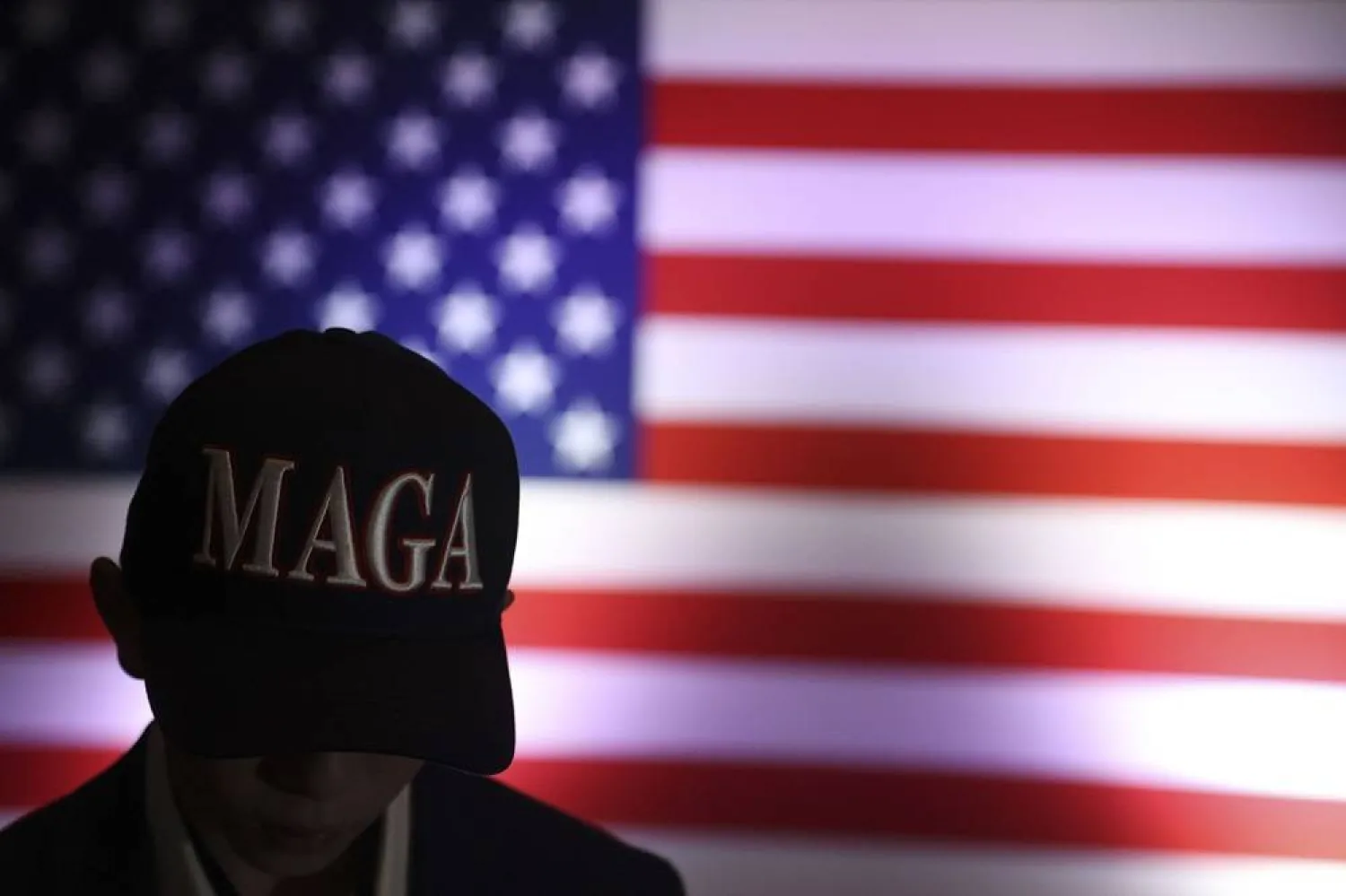Republicans wrested the US Senate from Democratic control, US media projected early Wednesday, ending four years in the minority and providing a huge boost to the party in its quest to dominate every branch of government.
The victory means that the incoming president will get enormous support to enact their agenda and appoint justices to the powerful US Supreme Court if it's Donald Trump -- but legislative deadlock if it is his Democratic rival, Kamala Harris.
The US Capitol is divided into the House of Representatives -- where all 435 seats are up for grabs -- and a 100-member Senate, which has 34 seats at stake this year. Congressional elections run alongside the White House race.
Jim Justice, the sitting Republican governor of West Virginia, delighted Republicans early in the night when he emerged as an easy victor in the Senate race to replace retiring moderate Joe Manchin, an independent who voted with the Democrats.
Ohio then moved into the Republican column after longstanding Democratic Senator Sherrod Brown was defeated by Bernie Moreno, a Trump-endorsed businessman and the son of a one-time high-ranking Colombian government official.
Fox News and ABC called the race for control of the upper house after Republican Senator Deb Fischer fended off an unexpectedly robust challenge from an independent in Nebraska.
"I look forward to working with President Trump and our new conservative majority to make America great again by making the Senate work again," Texas Senator John Cornyn, a contender to lead the Republican majority from January, said in a statement.
The Justice and Moreno victories reversed the Democrats' 51-49 Senate advantage, with Republicans looking to extend their lead even further with potential pick-ups in Montana, Wisconsin and Pennsylvania.
- Huge power -
Democrats were looking to mitigate losses with gains in Texas and Florida, but conceded both as the sitting Republicans notched easy wins.
If Republicans win all of the toss-up races, they'll end the election with 55 of the 100 seats, giving them huge power to usher through Trump's domestic agenda and judicial appointments, should he prevail against Harris.
For the first time in history, two Black women will serve at the same time in the US Senate, following victories from Democrats Angela Alsobrooks and Lisa Blunt Rochester in Maryland and Delaware respectively.
Of the 2,000-plus Americans who have served in the upper chamber, only three have been Black women -- including Harris.
Nonpartisan political finance monitor OpenSecrets reports that $10 billion has been spent on candidates for Congress this cycle -- a touch less than in 2020 but almost twice as much as the $5.5 billion price tag for the 2024 White House race.
While the Senate approves treaties and certain presidential appointments, such as ambassadors and Supreme Court nominees, all bills that raise money must start in the House, where the majority could take days to be decided.
The Democrats are in the minority, but overall control looks like less of a steep climb in the lower chamber, where they only need to flip four seats.









